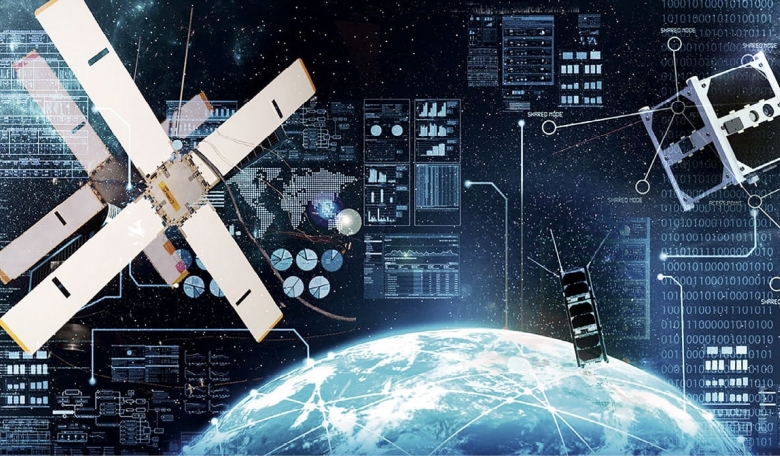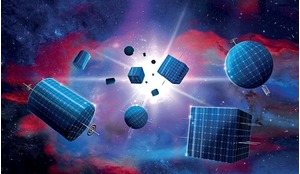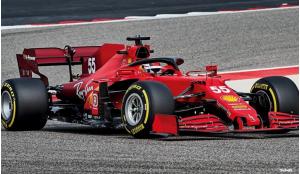The spin-out of technologies from space into terrestrial applications over the past 50 years has made a direct impact on the lives of people on Earth. A key challenge for the coming decades is to continue to improve the affordability and accessibility of space systems, to truly democratise space and enable further progress. According to the authors, ‘open source space’ is a key part of the solution.
The open source development model began as a reaction to the ‘closed’ nature of proprietary software, which was developed by companies ‘behind closed doors’ without the input of users. By contrast, open source software development encourages collaboration among users, with artefacts such as source code and documentation made freely available. In recent years, the open source movement has expanded beyond software development to other technology areas, including the development of microsatellites.
In considering how open source and space can complement each other to create new affordable space missions, it is fascinating to trace the parallel histories of these areas of development and discover how similar constraints led to their inception. It is also interesting to explore how the environments, ecosystems and communities they stimulated are creating the synergies for open source systems to be applied to the space domain.














